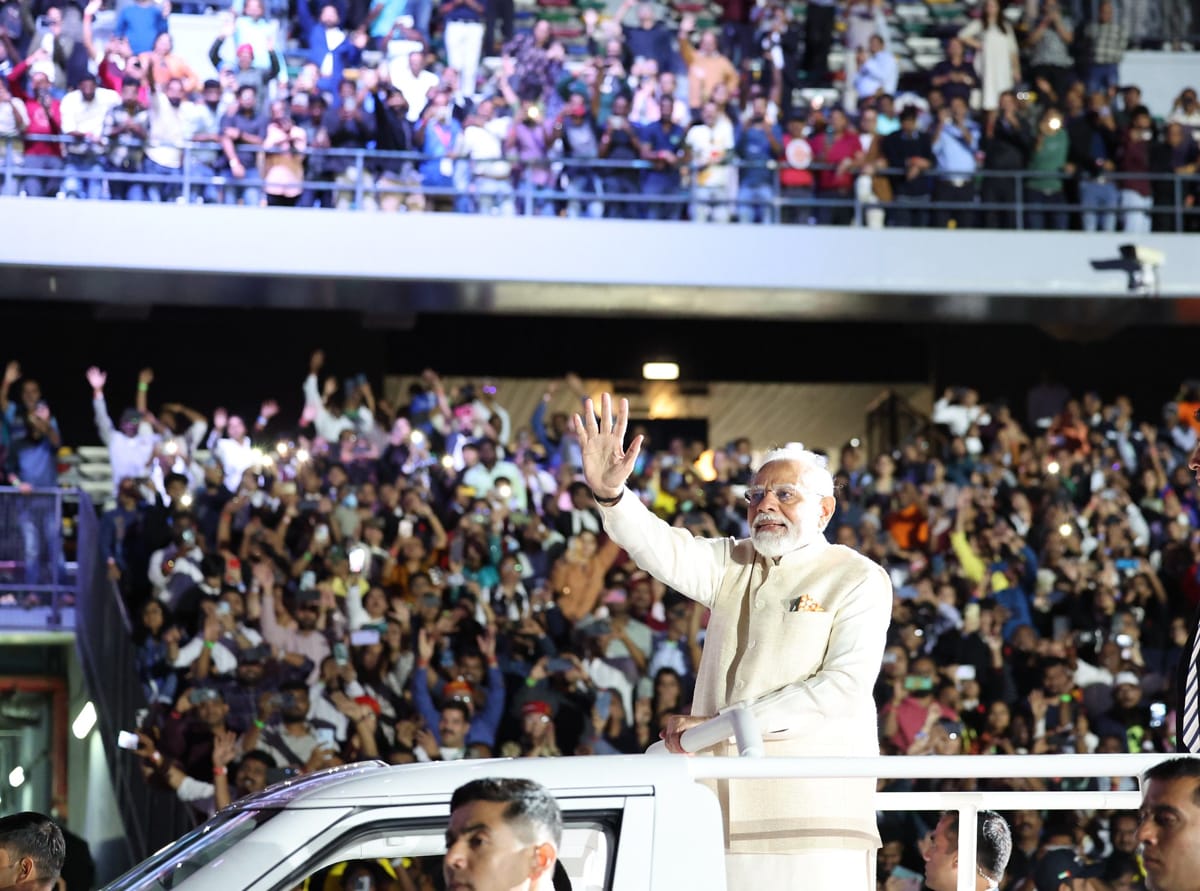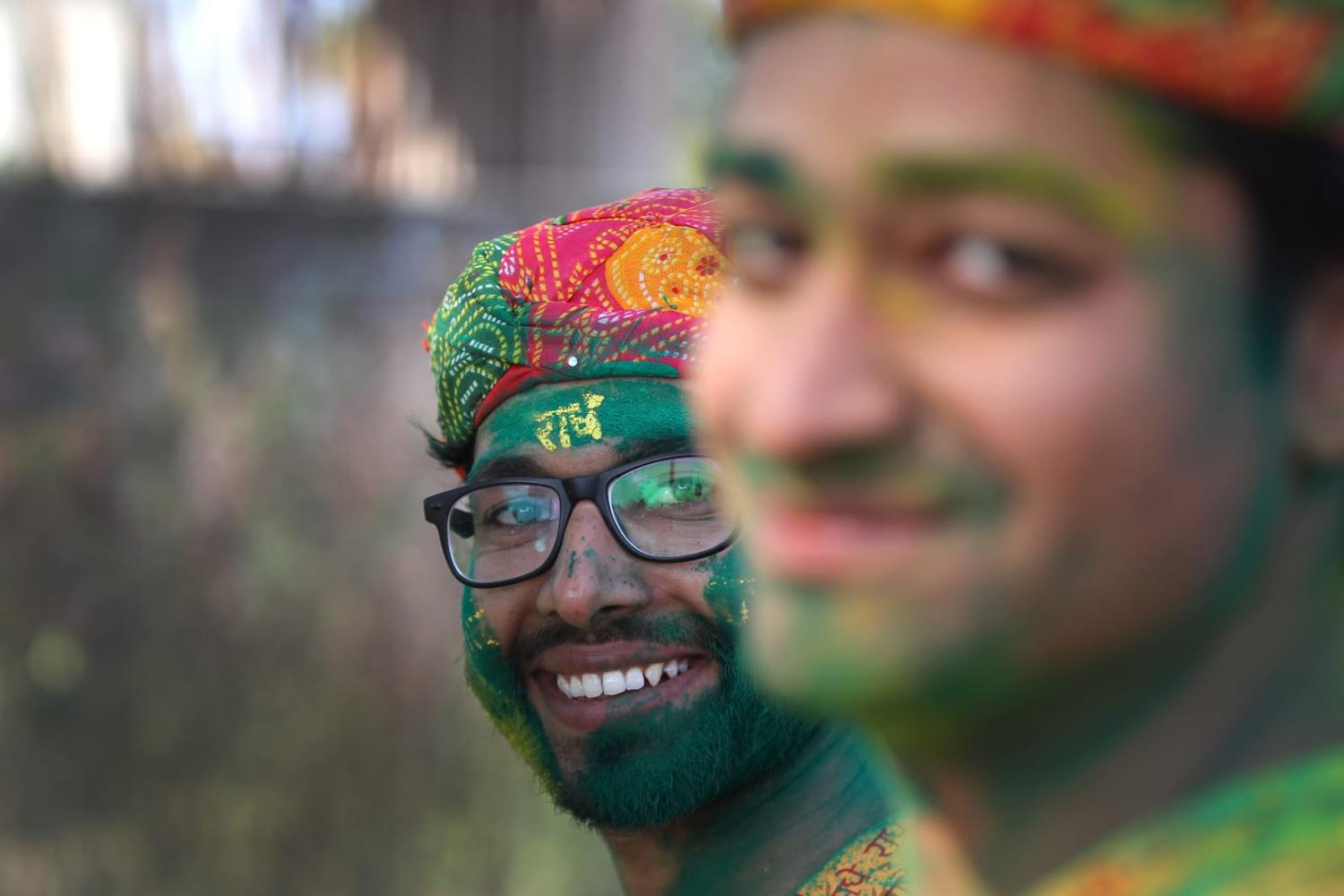A well-meaning Canadian acquaintance once asked me, “Why does Toronto feel like Delhi these days?” I chuckled. I did not have a spontaneous answer and resorted to a helpless grin. After some reflection, I convinced myself that the remark was a tad dramatised. Canada is a flagbearer for many things liberal. Toronto’s diversity would certainly make Delhi run for cover. No matter recent exceptions. On the whole, thoughtful writers shower Ottawa with lavish praise – for its open borders.
Talking about diasporas, it is routine to note that Indian origin people make one-sixth of humanity. Some estimate the Indian origin population as upwards of 33 million – that is an entity as large as Saudi Arabia. From tech-utopians in Silicon Valley, and doctors and medical experts in the Anglophone world, to construction workers packed in the Gulf, and maternity nurses in Israel, “desis” are literally everywhere.
It is in this context that Delhi is reinvigorating its outreach to overseas Indians. Prime Minister Narendra Modi revels in diaspora jamborees on his visits abroad. Ask the Australian chief – Prime Minister Anthony Albanese himself was witness to one such spectacle in Sydney.
India’s Foreign Minister Subrahmanyam Jaishankar has also made a habit of addressing diaspora outreach programs on his trips. He routinely emphasises the “migration and mobility” agreements that India has signed with partners such as Italy, Germany, Austria, France and the United Kingdom. In a similar vein, President Emmanuel Macron too is exhorting Indian students to pick France as their preferred destination. He, like some of his European counterparts, has even loosened the tap of work visas for Indian talent.

To be sure, Indian governments across the aisle have courted the diaspora in the last three decades. Prime Minister Narasimha Rao and Atal Bihari Vajpayee championed the diaspora as bridges between the place of their birth and residence. Even the leaders of the Indian Freedom Movement relied on support from their overseas brethren.
Delhi’s courtship of its diaspora is a reminder of China’s Deng Xiapoing and his opening to the world. Deng encouraged Chinese citizens to travel overseas and absorb what the world had to offer. Along with the debonair Chou Enlai, Deng’s formative years were shaped in France. He loved his pamphlets and croissants one too many.
Deng believed that ethnic Chinese citizens across the world, especially in Southeast Asia, would be instrumental in China’s domestic transformation. Remittances, investments, best practices and technological skills were invaluable imports from overseas Chinese.
He also saw the Chinese diaspora as a tool for political mobilisation in Southeast Asian countries. That is to sway his counterparts in neighbouring capitals to take Beijing’s demands seriously. Some such as Singapore’s Lee Kuan Yew feared that Deng’s attempts were aimed at coercion at best and internal strife at worst. Lee reminded Deng that despite having an ethnic Chinese majority, Singaporean diplomats spoke English with their counterparts. It was his way to reinforce Singapore’s multicultural and multiracial identity.
Coming back to India’s recent inclination to sign mobility agreements, such jolly arrangements paint a smooth landscape. Yet, there are some things that go unsaid. One such reality is that most countries seek skilled Indians. The crème de la crème is preferred over a flood of job-hungry aspirants.
To build the base of Industry 4.0, importing tech talent is no longer a desire, it is an urgent necessity.
Host countries also must grapple with the baggage of politics that their immigrant populations bring. Experts argue that the Indian diaspora is the fertile ground where homeland politics spills into the cocktail of the host countries’ internal politics. The diaspora is where “India’s domestic politics intersects with its foreign policy”.
There is another aspect to this story as well. Given India’s post-colonial roots, many Indians of all shades and hues seek a one-way international ticket. To migrate to the “Global North” is considered qualitatively better than loitering in domestic territory. Many Indians might frown at Britain’s past, yet if given a chance to live in edgy Camden – no points for guessing their choice.
Moreover, nationalism and abstract ideas are mere speed breakers in the quest for mobility and migration. People follow the mint. After all, the smell of dollars is infectious. In an unvarnished remark, a seasoned Indian academic editor once noted that if given a free hand (not bound by visa restrictions), around two-thirds of Indians would frantically migrate overseas.
Anecdotal evidence shows that the diaspora too is not too keen on returning. Many non-resident Indians may wave the flag vigorously in their respective countries and hoot when dignitaries show up, yet economic opportunity has rooted them to their new countries. As Vajpayee used to say, “If you care for India, come to India.” Despite many exceptions, he might now get many a helpless grin in return.

